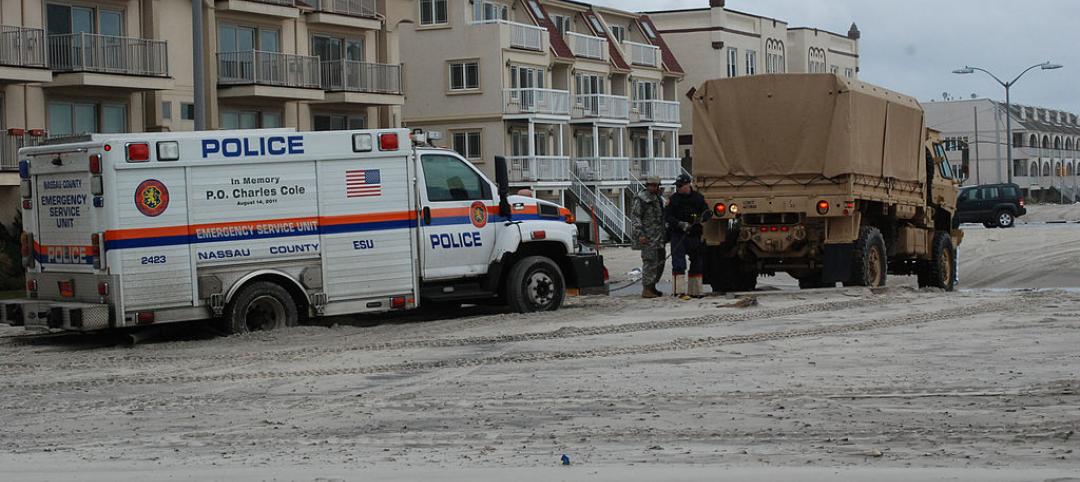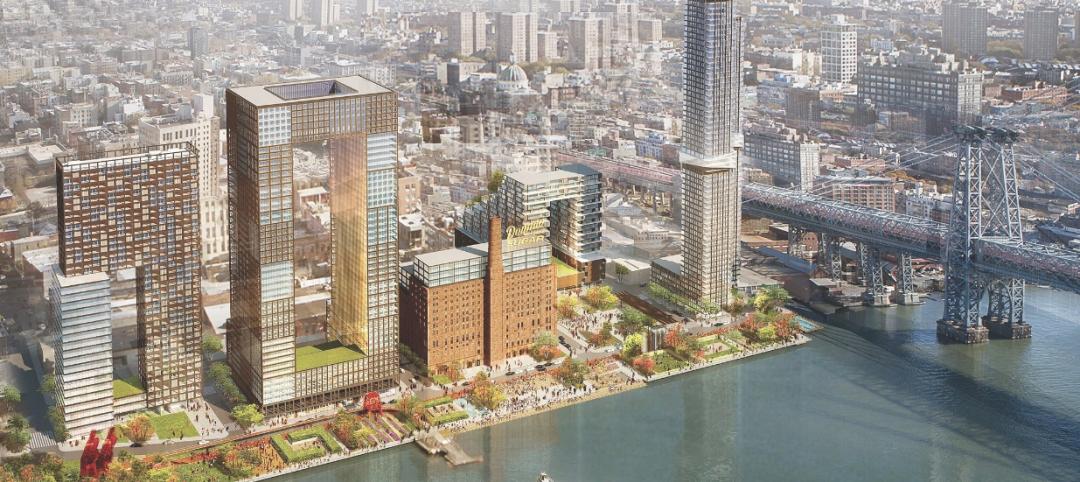Beginning next year, the Federal Emergency Management Agency will require states to evaluate the risks that climate change poses to their communities in order to gain access to millions of dollars of disaster preparedness funding.
The aim is for states to do a better job planning for natural disasters they are likely to face in a warming world. The new requirement won’t affect the post-disaster relief that communities receive after being damaged by natural disasters.
The rule change is part of FEMA’s revision to its State Hazard Mitigation Plan guidelines. FEMA distributes disaster preparedness funds to states that submit documents outlining the risks they face and how they plan to address them.
These efforts can include purchasing flood-prone properties to prevent future losses, building air-conditioned refuges for major heat waves, or creating procedures for shutting down or moving equipment in a floodplain.
Though the new policy has irked some on the right, even some fiscal conservatives say that if states did more for climate preparedness and adaptation, billions of dollars could be saved.
Bolstering that notion, a 2007 Congressional Budget Office analysis showed that for every dollar spent on disaster preparedness and mitigation, three dollars are saved in disaster recover.
Related Stories
Smart Buildings | Oct 30, 2014
Energy Department pledges $9 million for energy efficiency improvements on commercial buildings
The U.S. Dept. of Energy will spend $9 million to encourage investments in energy-saving technologies that can be tested and deployed in offices, shops, restaurants, hospitals, hotels and other types of commercial buildings.
Smart Buildings | Oct 29, 2014
SCAPE’s 'living breakwaters' resiliency development wins 2014 Buckminster Fuller Challenge
New York-based landscape architecture firm SCAPE won the Buckminster Fuller Institute’s 2014 Fuller Challenge, billed as socially responsible design’s highest award.
Smart Buildings | Jun 8, 2014
Big Data: How one city took control of its facility assets with data
Over the past few years, Buffalo has developed a cutting-edge facility management program to ensure it's utilizing its facilities and operations as efficiently, effectively, and sustainably as possible.
Smart Buildings | May 19, 2014
New York should forget about surge barriers for most cost-effective resiliency plan, say researchers
Massive storm surge barriers would be too costly for the potential benefit to protect New York City from violent storms like Hurricane Sandy, researchers say.
Smart Buildings | Apr 28, 2014
Cities Alive: Arup report examines latest trends in urban green spaces
From vertical farming to glowing trees (yes, glowing trees), Arup engineers imagine the future of green infrastructure in cities across the world.
Smart Buildings | Jan 7, 2014
9 mega redevelopments poised to transform the urban landscape
Slowed by the recession—and often by protracted negotiations—some big redevelopment plans are now moving ahead. Here’s a sampling of nine major mixed-use projects throughout the country.
Smart Buildings | Sep 13, 2013
Chicago latest U.S. city to mandate building energy benchmarking
The Windy City is the latest U.S. city to enact legislation that mandates building energy benchmarking and disclosure for owners of large commercial and residential buildings.
Smart Buildings | Feb 14, 2013
Minneapolis joins energy benchmarking trend for commercial buildings
Minneapolis is the latest major metro to require large commercial buildings to benchmark and disclose their energy and water use.













